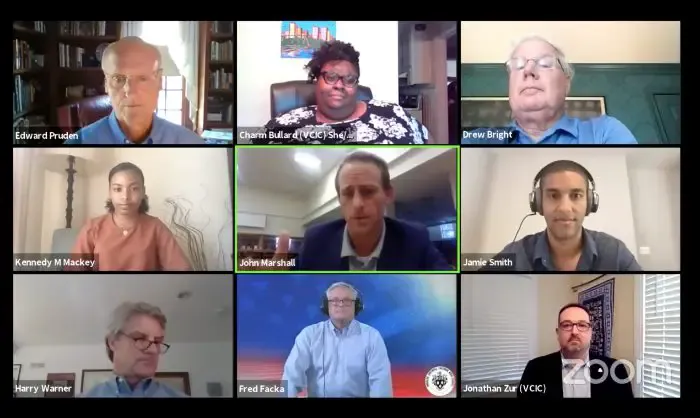Related

GRTC board takes issue with 'financial cliff' narrative, projects confidence for expansion and growth
At the December Greater Richmond Transit Company board meeting, members dismissed the public narrative that the transit company would be facing a “financial cliff” in six years. Last month, local outlets reported that by 2031, GRTC will have spent 77% of its $22 million reserve fund. And by the same
Click here to read more
Developer breaks ground on $500M Midtown64 mixed-use site in Henrico
Developer Greenberg Gibbons broke ground Dec. 16 on Midtown64 – a more than $500-million mixed-use project that will take shape on 46 acres that formerly housed the Genworth Financial headquarters in Henrico's Near West End. Shamin Hotels is a joint-venture partner in the project. The site, located at the
Click here to read more
Henrico School Board poised to make final vote on school redistricting proposal Dec. 18
At a 4 p.m. meeting Dec. 18, Henrico School Board members are expected to vote on a proposal that would redistrict around 680 students next fall. The current redistricting plan, which has been changed several times since it was first drafted in early September, would impact the following school
Click here to read more
Henrico supervisors to weigh broader regulations on shops selling vapes, smoking products
On Tuesday night, the Henrico Board of Supervisors is expected to vote on an ordinance that would apply vape shop regulations to other stores selling similar substance-related products. Businesses looking to establish stores that sell substances such as vapes, tobacco, cannabis, edibles, kratom, or nicotine products would need to get
Click here to read more
